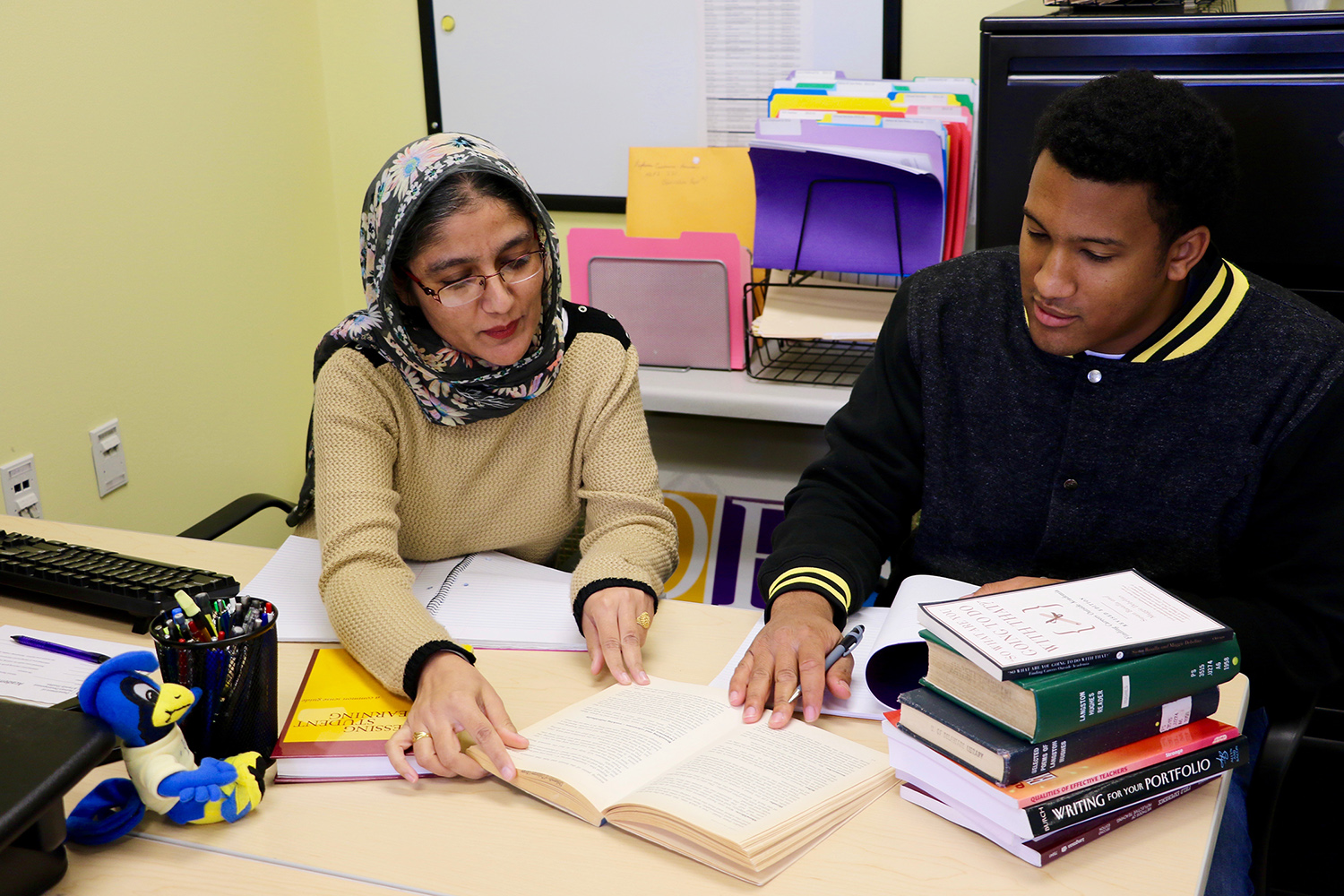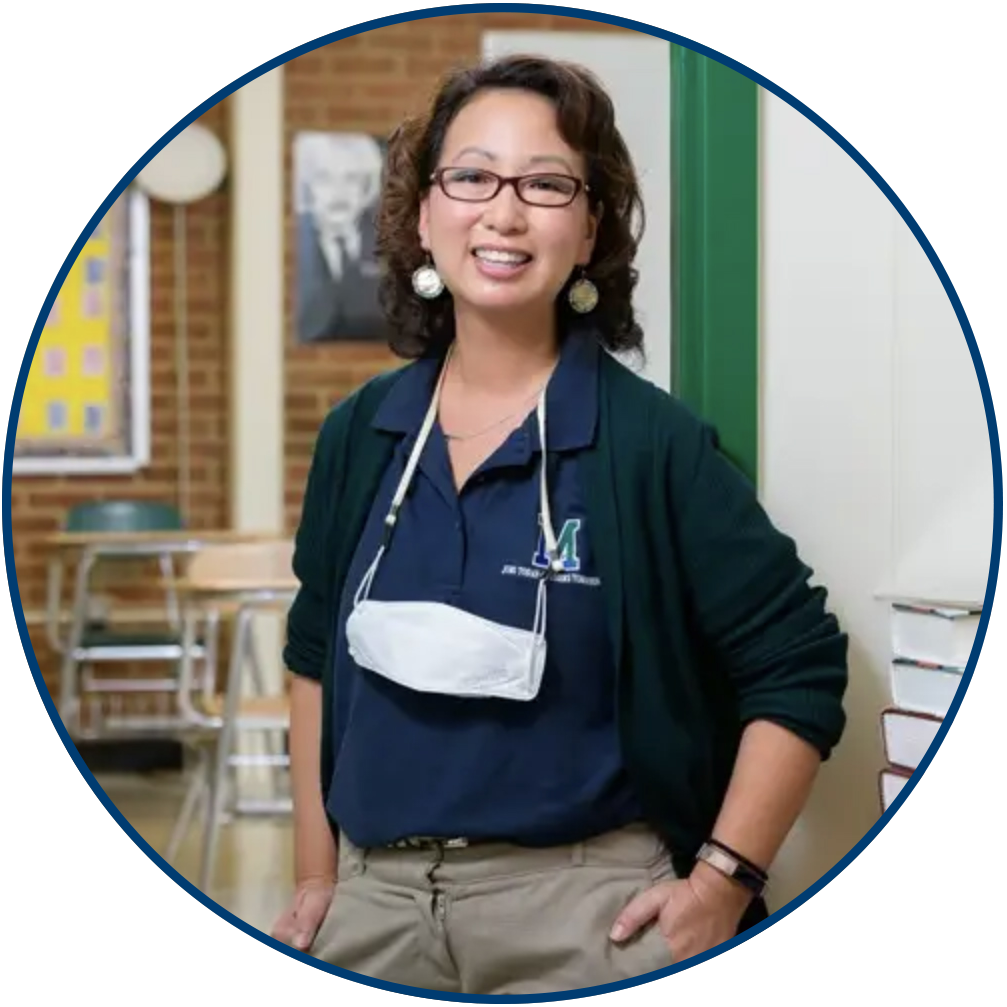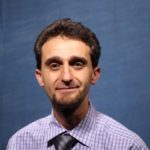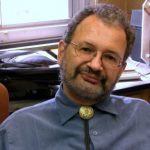School of Education
M.A. in Teaching English as a Second Language (TESL)

The M.A. in Teaching English as a Second Language (TESL) prepares students to teach in classrooms with Multilingual Learners and to teach English as a second or foreign language in schools, colleges, and language institutes in the U.S. and abroad. The degree is offered full- and part-time, and all students will complete a teaching practicum. Students can choose to follow a track leading to a Delaware teaching license and certification as a Teacher of English Learners or Bilingual Teacher.
Current Delaware teachers can earn an additional certification as a Teacher of English Learners or a Bilingual Teacher through the ACE course of study. In addition, it is possible to apply the 5 ACE courses towards the MA in TESL (subject to admission requirements).
Current UD English majors can complete the M.A. in one year through the 4+1 program in TESL.
Program Requirements
Portfolio Requirement for Candidacy
The School of Education requires all of its graduate programs, including the MA TESL program, to have performance-based means for measuring student learning. Thus, in addition to exams students may have taken, the program relies on papers, projects, and teaching demonstrations to verify the mastery of the content, communication skills, teaching skills, critical thinking, and lesson planning.
All applicants should complete the UD online graduate application. Additional information can be found at our How to Apply page.
Fall admission: The priority deadline Fall semester admission is April 1. The final application deadline for Fall semester is July 15. However, UD English majors who are applying for the 4+1 program are encouraged to apply by March 1 of their junior year.
Spring and Summer admission: Only part-time students may be considered for Spring or Summer semester admission. The deadline for Spring semester admission is November 15, and for Summer admission May 2.
A successful applicant profile includes a strong academic record with a GPA of 3.0 or higher in any undergraduate major and a compelling personal statement. Prior experience in teaching is preferred but not required. Some items specific to the M.A. in TESL program include:
- the TOEFL or IELTS for applicants whose primary language is not English. The minimum acceptable score for the TOEFL is 100. The minimum acceptable score for the IELTS is 7.0. Students who do not meet the language requirement are still encouraged to apply through the Graduate Conditional Admissions Program.
- Optional GRE scores. Candidates are welcome to submit GRE scores in support of their application but GRE scores are not required.
- The M.A. in TESL program does require a specific question be answered for the personal statement or essay section of the application:
- You should present a carefully planned and written statement of one to two pages in length describing what led you to pursue a degree in TESL, any past work in TESL or TEFL, your expectations of the University of Delaware M.A. in TESL program, and how you intend to use the degree to fulfill your professional career or further educational aspirations. Please include additional information you feel important for the graduate committee to know about you. If you are currently registered in a graduate program at this or another university, please explain why you wish to leave. The personal statement must be submitted electronically as part of the admissions application.
Admission Terms
Because the MA TESL is designed as a cohort program that fosters cooperation and collegiality among candidates, full-time students are generally only admitted to start in the Fall semester. Part-time candidates may start in the Fall, Spring, or Summer. For case-by-case exceptions, please contact the program director, Dr. Nigel Caplan.
Tuition
For information about graduate tuition, visit CEHD’s graduate tuition page.
Deans’ Scholarships for MA in Teaching English as a Second Language students
All applicants (full- and part-time) will automatically be considered for the Deans’ TESL Scholarships, which reduces the tuition to the same rate charged for the other master’s programs in CEHD. Provided by the Deans of the College of Education and Human Development and the College of Arts and Sciences, the scholarship is renewable for the duration of the program if the student remains in good standing. No separate application is required for this scholarship.
For more information, please contact CEHD Assistant Dean of Student Services, Christina Johnston.
Students may download the TESOL/NCATE Standards for the Recognition of Initial TESOL Programs in P-12 ESL Teacher Education.
Graduates of the M.A. TESL program:
● teach multilingual learners of English in public schools and be hired at the master’s pay
level. The State of Delaware Department of Education has identified multilingual learners
as a high-need area of teaching!
● teach English as a Second Language (ESL) in US community programs, language
schools, community colleges, and university Intensive English Programs (IEP) and
English for Academic Purposes (EAP) programs.
● teach English as a Foreign Language (EFL) outside the US, including at the university
level.
● work as specialists, supervisors, administrators, consultants, curriculum designers, and
test writers.
Program Faculty
The faculty and staff affiliated with the TESL program are:
M.A. in TESL Alum Named Delaware Teacher of the Year
Kimberly Stock credits her time at UD for helping to shape her practice as an English Learner teacher: “As a professional educator who had already earned one masters degree, I really believe that the classes that I took from the University of Delaware were just as challenging, if not more, than those I had taken elsewhere. It was extremely rigorous work and honestly the professors that I took classes from had real world experience teaching English Learners.”














